Expanding your business to reach a global market offers numerous benefits, which can significantly enhance the growth, sustainability, and profitability of a company.
But getting these benefits means you have to perform many international tasks including the export and import of goods globally to Nigeria.
This article is written to guide business owners in Nigeria, who are new to exporting goods. We share our 20+ years of experience in successfully exporting client goods from Nigeria to different parts of the world.
Want to export your goods and need expert help to successfully fulfil international demand for your product? Contact us today and we will guide you through.
Summary Of The Exportation Process In Nigeria.
Businesses interested in exporting their goods abroad must ensure that they do the following:
- Have a buyer for the product outside Nigeria.
- Get a legal business entity structure (LLC or Corporation).
- Apply for an Export License.
- Handle various necessary pre-exportation, post exportation and shipping documentation.
- Pack and label the product well.
- Organise the inspection of the goods by the relevant government and private agents including the Nigeria Customs Service (NCS).
- Get the goods to the shipping line to ship them to the buyer’s country.
Following each of the steps above you will be able to export your goods to any country. This should take you about one week. We discuss each of these steps in detail later in this article.
Easy Way To Go About Exporting Your Goods.
As a business owner new to the exportation process in Nigeria, doing it alone can be time-consuming and overwhelming with so many terms and processes to learn along the way.
We advise you to work with a freight forwarder with experience in handling the export of goods for businesses in Nigeria.
All you have to do is to have a buyer for your goods, receive the payment for the goods, prepare the basic business document and the freight forwarder handles the rest for you.
You don't need an export licence, as the agent is in charge of the export process for you and holds all the necessary licenses and permits to handle the export.
Want to understand the full export process? Read on.
Step-by-Step Guide to Exporting Your Goods.
Step 1: Find a buyer for your goods outside Nigeria:
Don’t have a buyer yet for your products? Then this is where you need to start. You have to identify potential markets, reach out to prospective buyers, and establish reliable trade relationships that lead to long-term sales.
Tips For Finding A Buyer Aboad.
- Attend trade fairs and exhibitions like the Lagos International Trade Fair, the African Export-Import Bank (Afreximbank) Trade Fair and other export promotional events.
- Utilise online marketplaces and eCommerce platforms
- Collaborate with export agents and brokers
- Leverage social media and digital marketing
- Join export promotion organisations offered by the NEPC and other private or government bodies.
- Network with foreign embassies and trade missions
Step 2: Establish a Business Entities/Corporate Structures:
To qualify as a business eligible to export goods from Nigeria, you must establish a corporate business entity in the country. This can be either a Limited Liability Company (LLC) or another form of company incorporation.
For most small businesses, an LLC offers a balanced mix of simplicity, flexibility, and protection, making it a suitable choice, but you would need to speak to a legal or financial advisor before taking this important business decision.
Step 3: Obtain an Export Licence:
With the business entities in place, you can now apply for an export licence from the Nigerian Export Promotion Council (NEPC). The export licence is a legal authorisation that permits your business to export goods in the country.
To get the Nigeria Export Licence, visit the
NEPC website, take a test and download the exporter registration form. Fill out the form with accurate information about your business and submit it along with other requested documents.
This should cost around N13,500 for a new license and N7,500 to renew an expired license. You can also complete the whole registration process by yourself online.
Note: If you decide to work with a freight forwarder or an export agent, you can skip steps 2, 3 and many other steps in this article. The agent will have all the necessary licences and certificates required to complete the export process.
Contact us if you need an export expert today.
Step 4: Select Pricing and Agreement With Buyer:
In this step, you discuss with your buyer or their agent and agree on the terms of shipping. How this process goes for you depends on the type of buyer you are dealing with.
Here are the following things you are most likely to negotiate with the buyer:
A. Product Quality and Quantity:
The amount of the goods required by the buyer is agreed on here. Activities like quality assurance are also carried out here.
B. Price:
When it comes to exporting goods, there are 3 major prices you can give to the buyer depending on the information you have and your agreement with the buyer:
I. FOB (Free On Board) Price:
FOB price refers to the cost of goods, including the expenses you incur to deliver the goods to an agreed port of loading.
Here you don't add the cost of shipping the goods and insurance as all these will be handled by the buyer if he/she agrees to work with FOB terms.
Note this: Give the FOB price to every buyer first until you are certain of the cost of other things, then you and the buyer can decide on which delivery terms to work with.
II. CFR (Cost and Freight) Price:
CFR price refers to the cost of goods, including the expenses you incur to transport the goods to the buyer’s port of destination. The insurance cost is left for the buyer to pay.
III. CIF (Cost, Insurance, and Freight) Price:
CIF price refers to the cost of goods, including the expenses you incur for transporting the goods to the buyer’s port of destination, as well as the cost of insurance.
Here you are responsible for all the costs involved in the export process.
After agreeing on the price to pay, ensure you also discuss the payment terms.
C. Shipping Document:
While there are
major shipping documents that you would need in the export process, buyers can request additional documents that they would need.
You have the option to negotiate with the buyer regarding the provision of the requested documents. Often, these documents can be provided at an additional cost, or you may choose not to provide them.
D. Additional Inspections:
Depending on the nature of the goods being exported, certain inspections may be obligatory, while buyers can also request additional inspections from their entrusted agents.
In most cases, the buyer covers the cost for this, but it is important to address this in your agreement.
E. Destinations:
Which country are the goods exported to? Which port does the buyer want the goods delivered to? You have to reach an agreement on this.
The agreement you both reach during this process influences the contract between you and the buyer, as well as the information on all major shipping documents.
Step 5: Organise The Inspection Of Your Goods:
Goods exported are always inspected to ensure that your products meet the quality standards and regulatory requirements of Nigeria and the destination country.
The major inspections are carried out by the government inspection agents and Nigeria Custom Services (NCS). Some products will require additional inspections from other government agencies like the National Agency for Food and Drug Administration and Control (NAFDAC) and so on.
After product inspection, some documents are issued to you if the products are good to go. One of these documents is the Clean Certificate of Inspection (CCI) which is essential for
customs clearance in Nigeria and the destination country.
Note: Most inspection comes with a fee. The inspection by the Government Inspection Agent costs 0.5 of the FOB price (NESS fee).
Step 6: Packing and Labelling:
Now you have the go-ahead from the inspector to export the goods, it is time to package and label them.
Step 7: Transport Goods to the Shipping Line:
The final step is to move the goods from your factory or warehouse to the port of loading where they will be loaded onto a vessel for international shipment. This could be an airport or seaport, depending on the shipping method the buyer chooses.
Upon delivering the goods to the port, documents like the airway bill,
bill of lading, delivery note, and transport invoice are issued to you and a copy of it goes with the goods to the buyer's destination.
What goods are exportable in Nigeria?
The following goods are exportable in Nigeria:
- Textiles and garments.
- Cosmetics and soap.
- Poultry.
- Chili pepper.
- Snail.
- Honey.
- Cashew nuts.
- Charcoal.
- Yam tubers.
- Palm kernel oil.
- Rubber.
- Cocoa butter and many more.
We have helped our client export most of these goods and can do the same for you.
Is the goods you want to export not on this list? Contact us and we will help you confirm if it is exportable.
Export Your Goods with Sara Procurement Services.
You can export goods from Nigeria successfully, all you have to do is follow the steps explained in this article.
But if you are new to this you need the assistance of a freight forwarder or export expert in Nigeria so you don’t end up making costly mistakes and experiencing critical delays.
At SARA, we have export experts with years of experience shipping goods in and out of Nigeria. We help our clients, negotiate with the buyer, prepare the export document, organise the inspections, handle customs clearance, and ship the goods by air or sea
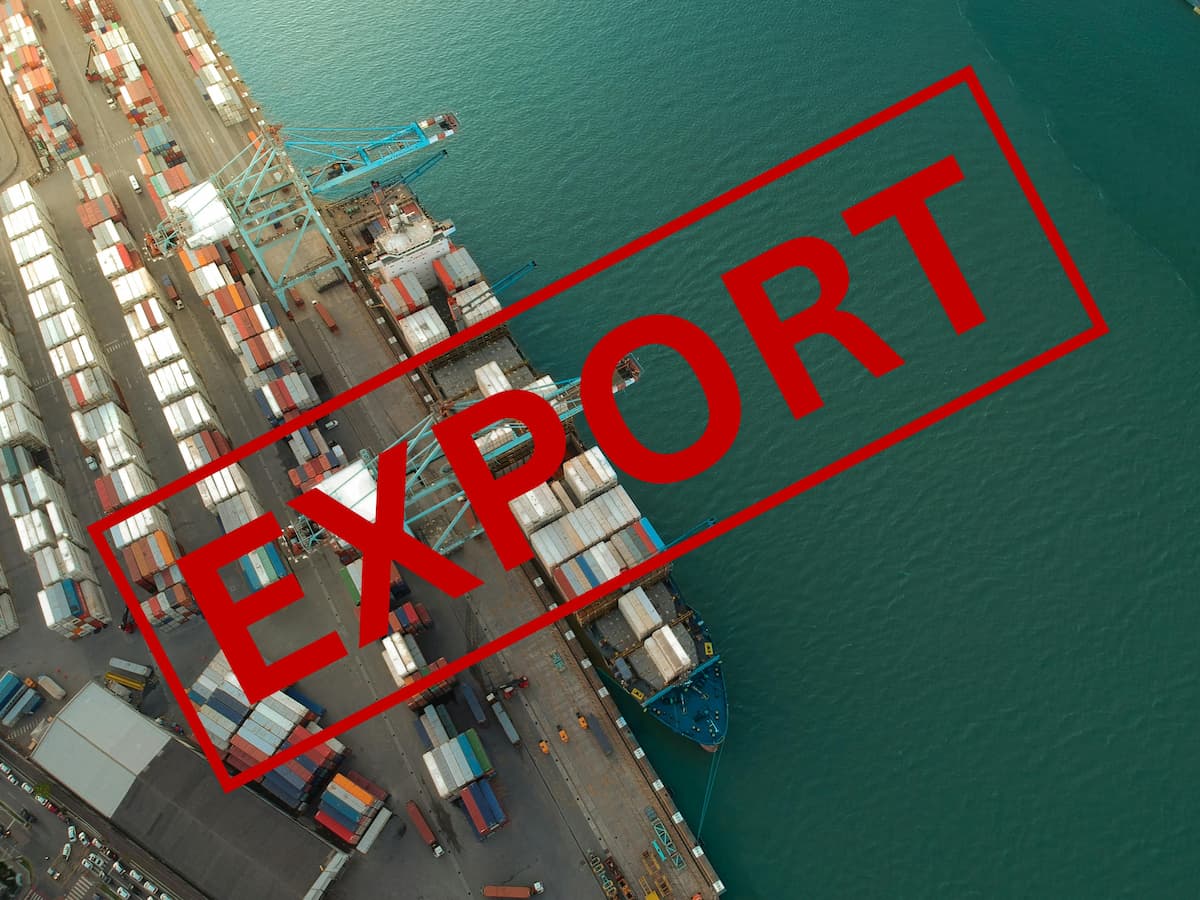

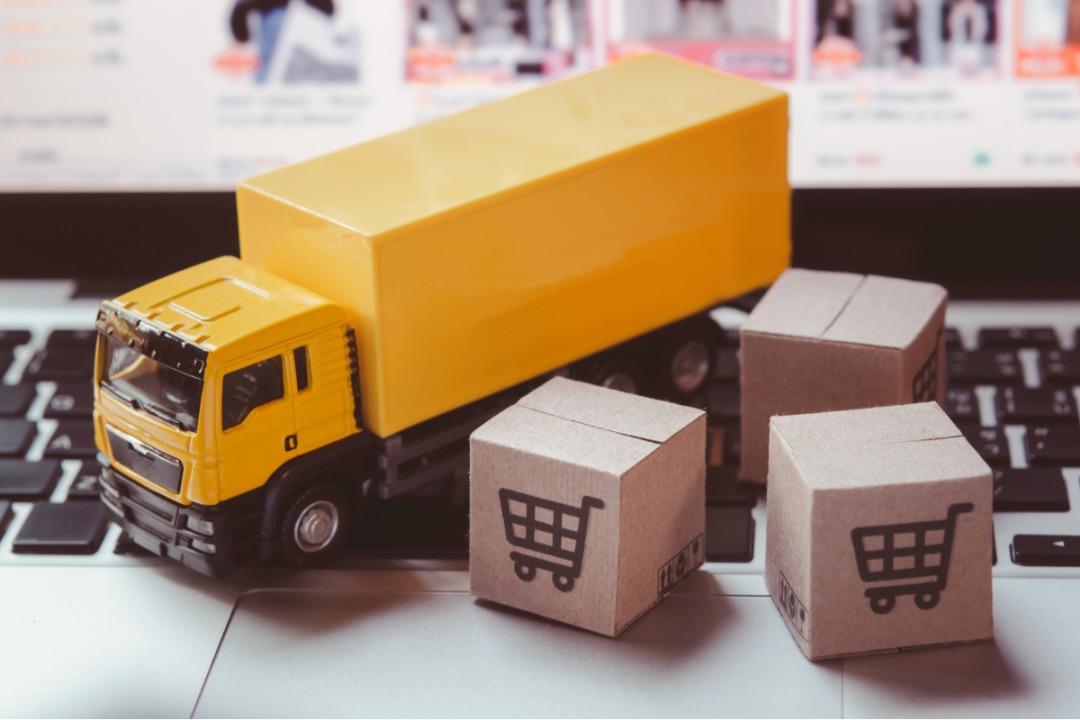
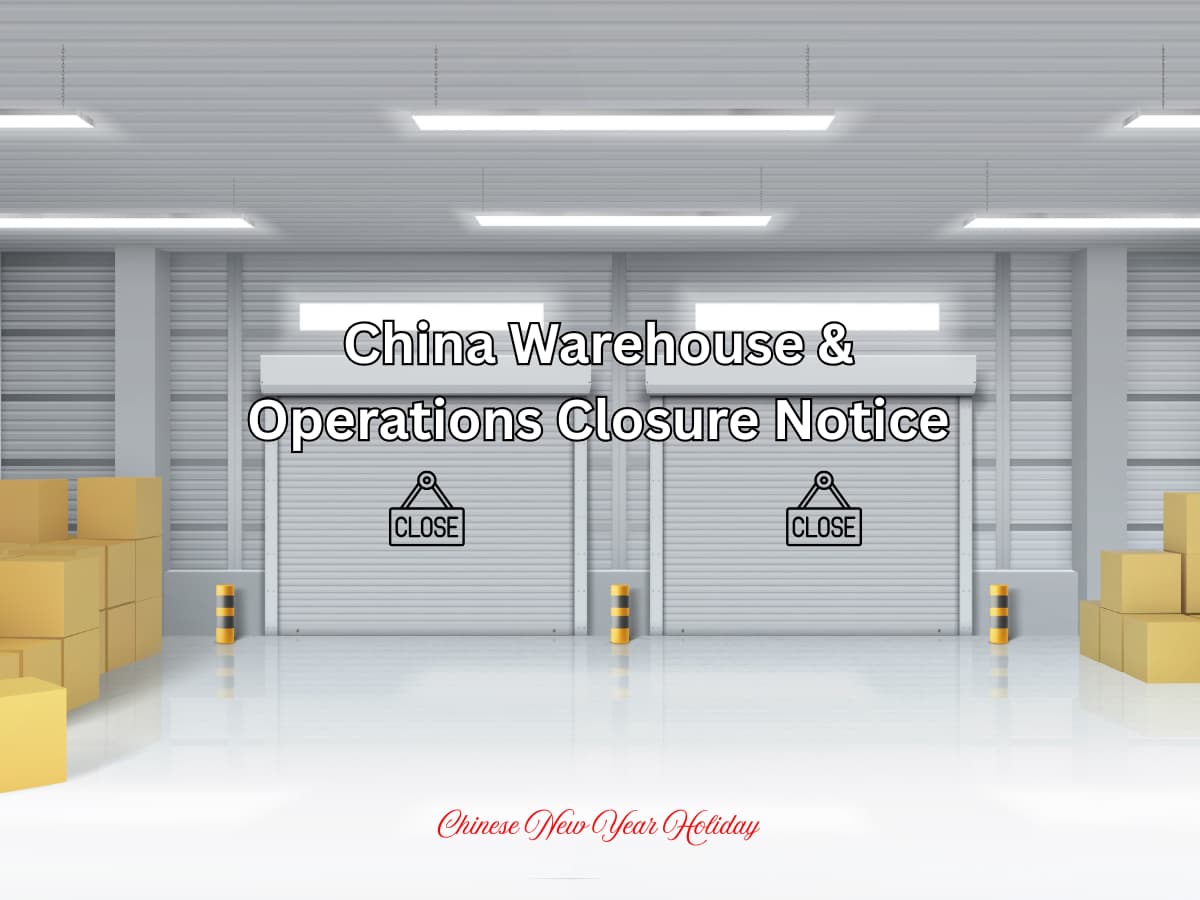
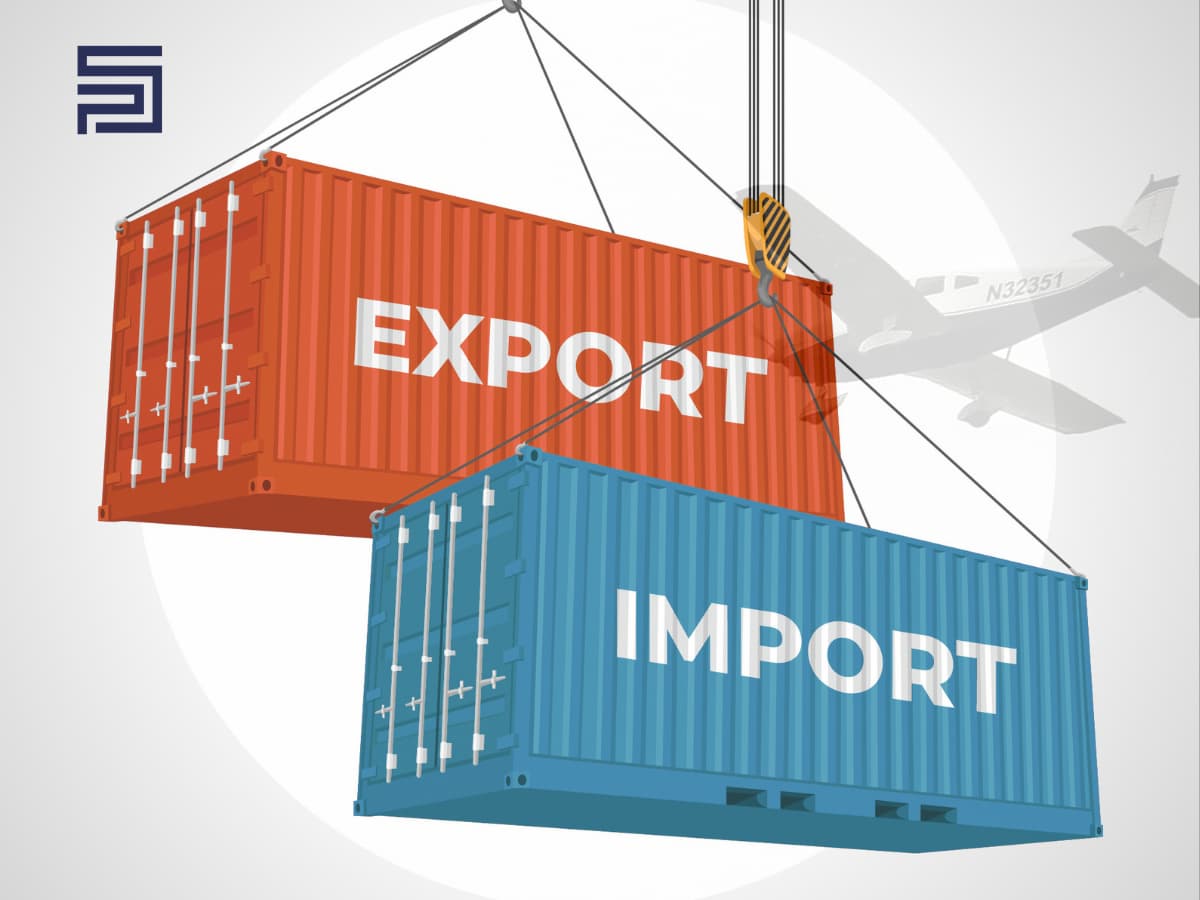
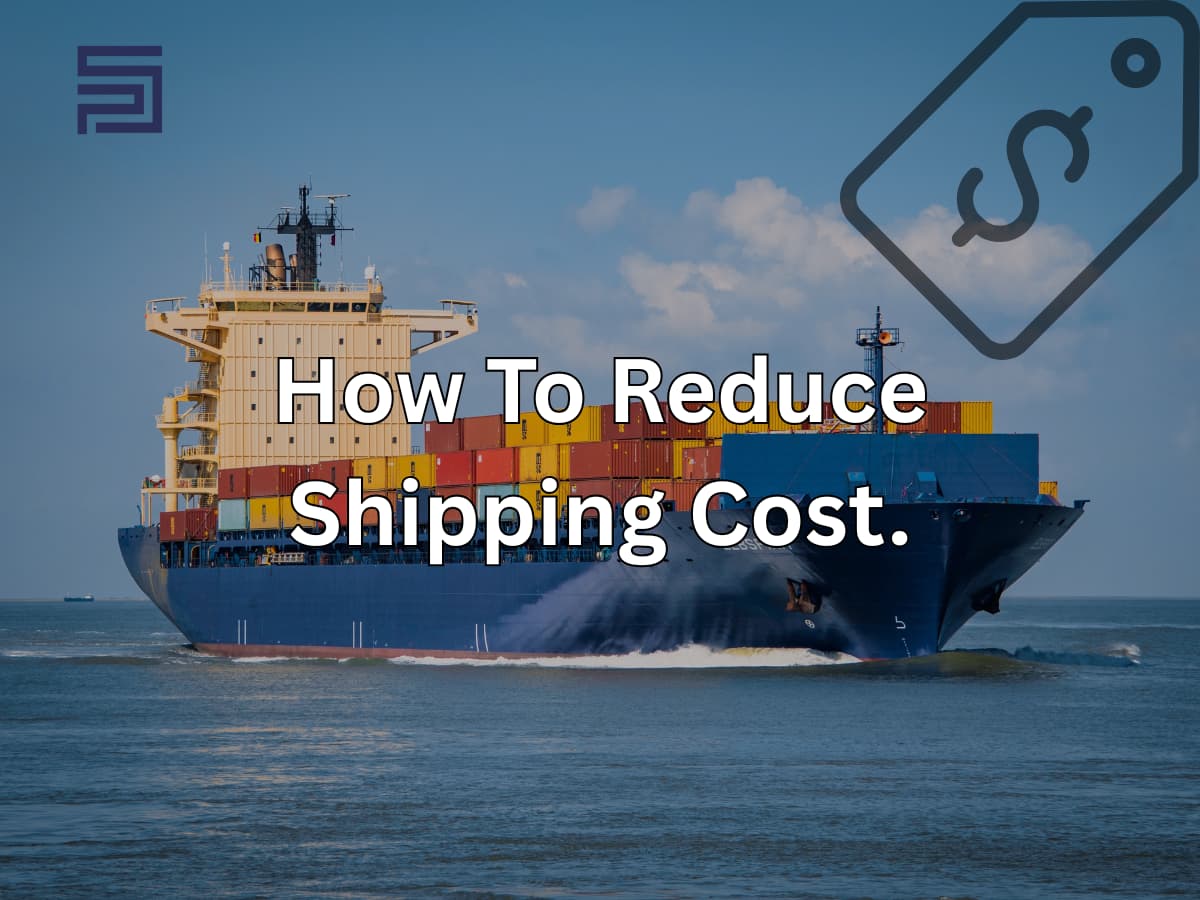
Comments
Please log in to leave a comment.